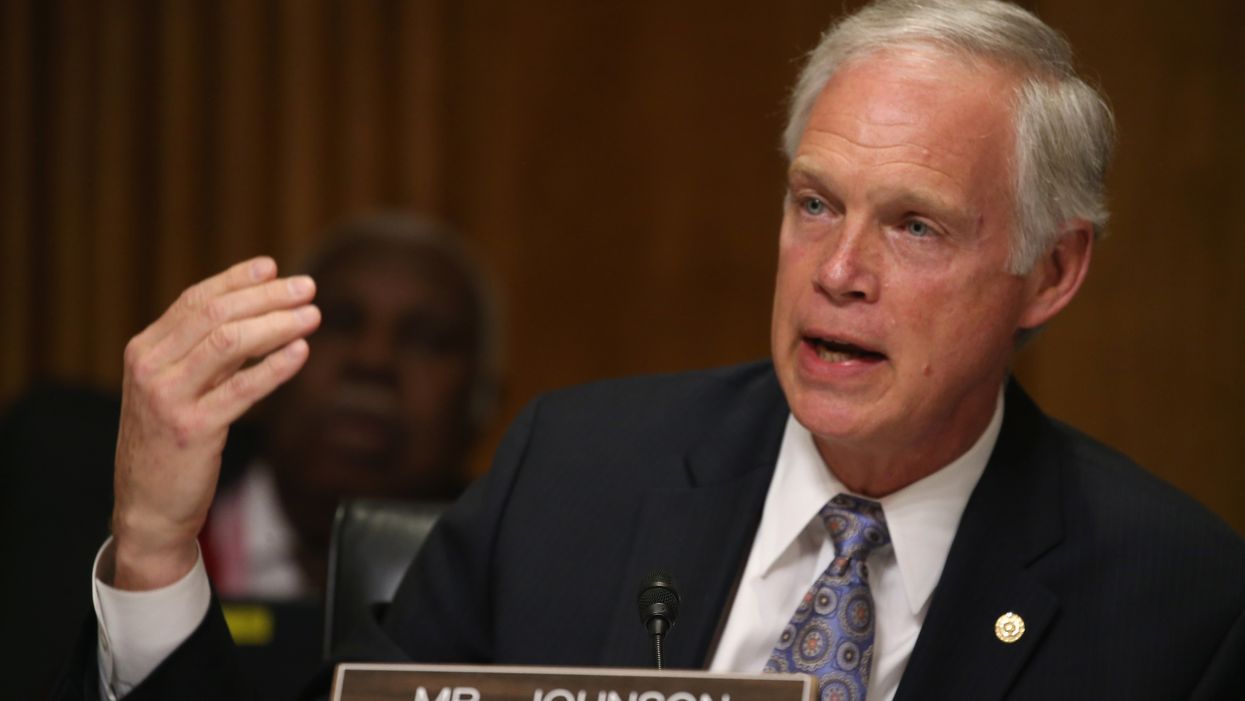
Mark Wilson/Getty Images

It also accused him of being 'russophobic'
Sen. Ron Johnson (R-Wis.) said that Russia has rejected his visa, denying him entry as part of a bipartisan congressional delegation, according to a news release.
Johnson said, "Unfortunately, Russian officials continue to play diplomatic games with this sincere effort and have denied me entrance to Russia. Regardless of this petty affront, I will continue to advocate a strong and resolute response to Russian aggression — and frank dialogue when possible."
Russia has been known to blacklist U.S. lawmakers before. In 2017, it retaliated against U.S. sanctions by denying a visa to Sen. Jeanne Shaheen (D-N.H.). Johnson was not blacklisted at that time, but cancelled a trip of his own to Russia out of protest. Russia also blacklisted several U.S. lawmakers in 2014, in response to the Obama administration sanctions over Russia's annexation of Crimea.
The Russian Ministry of Foreign Affairs called Johnson "russophobic" and accused him of making "groundless accusations against Russia" and wanting "a confrontation."
However, the embassy also admitted that Johnson was in fact blacklisted, and said that these blacklists could be abolished if the U.S. removed "any travel restrictions" from Russian lawmakers.
The embassy also claimed that "the senator did not apply for a visa at our embassy and did not inform about his plans to visit Russia."
This particular embassy and Johnson have a history. Johnson sponsored legislation to name the block of Wisconsin Avenue in Washington, D.C., outside of the embassy "Boris Nemtsov Plaza." Nemstov was a vocal critic of Russian President Vladimir Putin's government, until he was shot and killed outside the Kremlin in 2015. The D.C. City Council approved a measure of its own to change the street name.